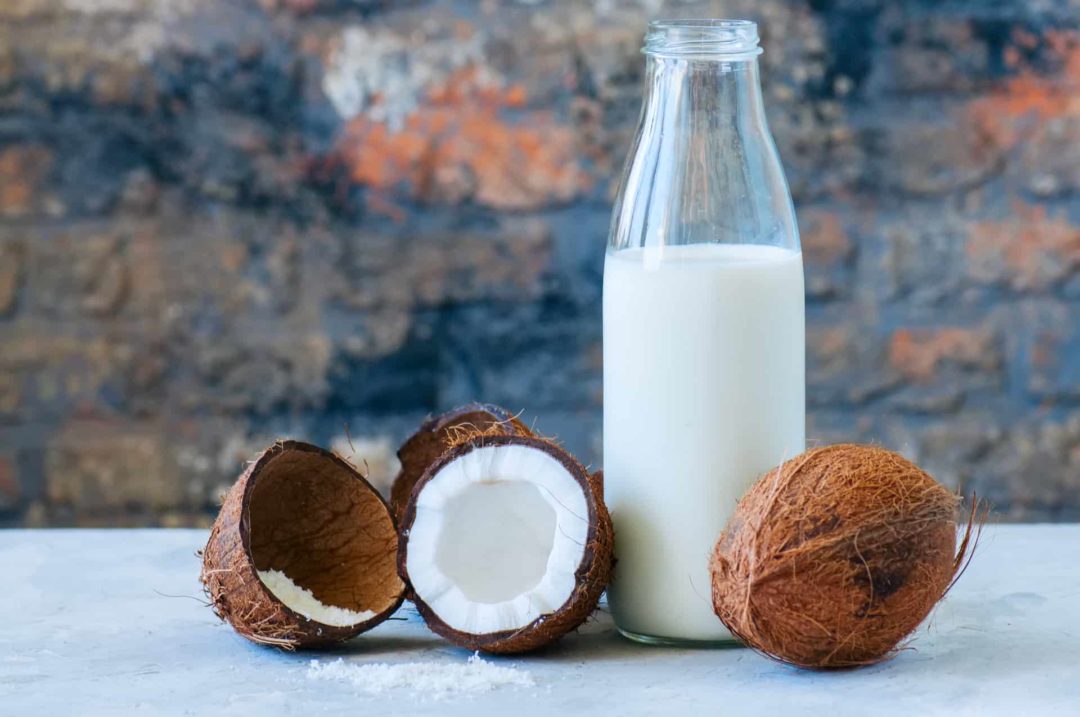A report from BBCexplains that while humans can pick around 80 coconuts per day, trained monkeys can pick up to 1,000.
PETA said that it had found eight farms in Thailand where monkeys were forced to pick coconuts. The animals were largely illegally captured as babies, and displayed “stereotypic behavior indicative of extreme stress,” according to the investigation. Monkeys were chained to old tires or confined to cages; in one case, PETA was told that monkeys that tried to bite handlers would have their canine teeth pulled out.
Related: CCA Invites Industry to #gococonutty on Natural Coconut Day NOW Joins Beauty Without Bunnies Program Coconut Oil: A very different saturated fat
TheCoconut Coalition of the Americas(CCA) responded with a statement in which they condemned the use of trained monkeys to harvest coconut. “CCA members do not approve of or engage in this practice, nor do they source from suppliers who utilize trained monkey labor. As part of the CCA Membership, within our code of conduct, all members fully commit to sustainable, responsible, and humane harvesting practices. Members who discover that their supplier engages in the practice of using trained monkeys will shift sourcing and cease business arrangements with that supplier.” Members who do not comply, the statement notes, will have their membership suspended until they do.PETA Director Elisa Allen told BBC: “These curious, highly intelligent animals are denied psychological stimulation, companionship, freedom, and everything else that would make their lives worth living, all so that they can be used to gather coconuts. PETA is calling on decent people never to support the use of monkey labor by shunning coconut products from Thailand.”










